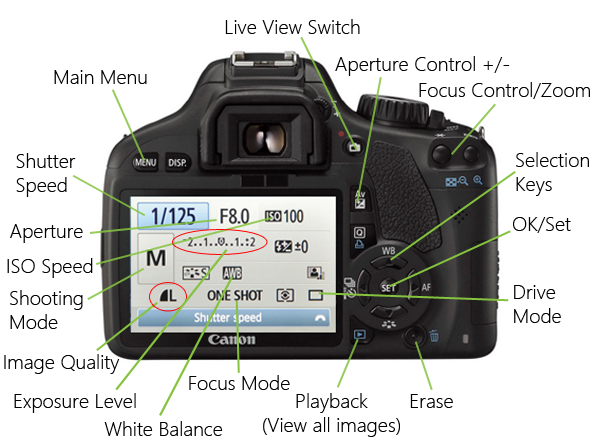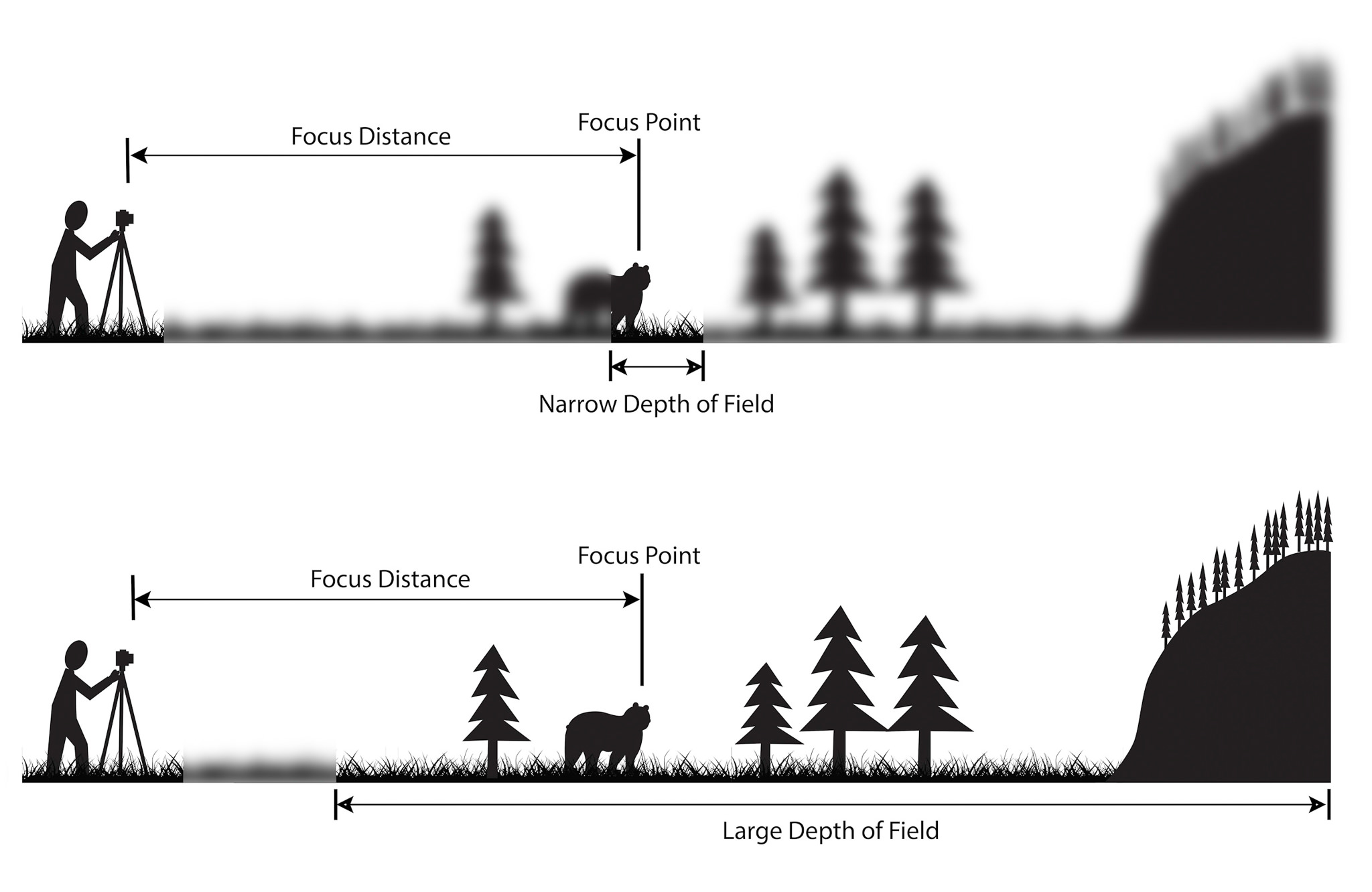Photography Basics: A Beginner’s Guide to Capturing Moments
Introduction:
Photography is a captivating art form that allows us to freeze moments in time, preserve memories, and express our creativity. If you’re a beginner looking to embark on your photography journey, understanding the basics is essential. This comprehensive beginner’s guide will provide you with the fundamental knowledge and techniques to capture stunning photographs. From mastering composition to understanding camera settings and post-processing, we’ll explore the key elements that will help you create compelling images.
- Get to Know Your Camera:
Start by familiarizing yourself with your camera and its features. Whether you’re using a digital single-lens reflex (DSLR) camera, mirrorless camera, or even a smartphone, learn how to adjust settings such as aperture, shutter speed, ISO, and white balance. Read the camera manual, watch tutorials, and practice using different shooting modes to understand their effects on image quality and exposure.
- Master Composition:
Composition is the arrangement of elements within a photograph and plays a vital role in creating visually appealing images. Learn and practice the rule of thirds, leading lines, symmetry, and framing. Experiment with different angles and perspectives to add depth and interest to your photos. Remember to pay attention to the background and eliminate any distractions that may take away from your subject. - Understand Light:
Light is the cornerstone of photography. Learn to observe and understand different types of light—natural light, artificial light, and their qualities such as direction, intensity, and color temperature. Experiment with shooting during different times of the day to capture varied lighting conditions. Use techniques like backlighting, sidelighting, and diffused light to add drama and depth to your images. - Focus and Depth of Field:
Understanding focus and depth of field is crucial for creating impactful photographs. Learn how to control focus points and use selective focus to draw attention to your subject. Experiment with different apertures to control depth of field, achieving either a shallow depth of field with a blurred background or a greater depth of field with everything in focus. Practice focusing techniques to ensure sharpness in your images.
- Explore Different Genres:
Photography encompasses various genres, from landscapes and portraits to street photography and macro photography. Explore different genres to find your passion and develop your unique style. Experiment with different subjects, compositions, and techniques to broaden your skills and expand your creative horizons. Remember, practice and experimentation are key to improving your photography. - Post-Processing and Editing:
Post-processing is an integral part of digital photography. Learn how to use photo editing software like Adobe Lightroom or other free alternatives to enhance your images. Understand basic editing techniques such as adjusting exposure, contrast, and saturation, as well as cropping and sharpening. However, aim to maintain a balance and avoid excessive editing that may result in unnatural-looking images. - Develop a Photographer’s Eye:
Train yourself to see the world through a photographer’s eye. Pay attention to details, patterns, textures, and unique moments that others might overlook. Practice patience and observation, capturing candid moments and genuine emotions. Develop your own visual style and perspective to bring a unique touch to your photographs.
- Learn from Others and Seek Feedback:
Photography is a continuous learning process. Seek inspiration from renowned photographers, study their work, and analyze what makes their images stand out. Join photography communities, attend workshops, and participate in photo challenges to learn from others and receive constructive feedback. Embrace criticism as an opportunity to grow and improve your skills. - Practice, Practice, Practice:
The key to mastering photography is practice. Take your camera with you wherever you go and make photography a part of your daily life. Experiment with different subjects, lighting conditions, and techniques. Challenge yourself to try new things and push your creative boundaries. The more you practice, the more you’ll develop your skills and build a unique portfolio. - Enjoy the Journey:
Above all, enjoy the journey of learning and capturing moments through photography. Embrace the process, be patient with yourself, and celebrate your progress. Photography is a wonderful art form that allows you to express your creativity and share your unique perspective with the world. Embrace the joy of creating and capturing moments that will be cherished for a lifetime.
Conclusion:
As a beginner, understanding the photography basics is crucial for developing your skills and creating captivating images. By mastering composition, understanding light, and learning camera settings, you’ll be well on your way to capturing stunning photographs. Explore different genres, practice post-processing techniques, and seek inspiration from others. Remember, photography is a journey of continuous learning and creative exploration. Embrace the process, practice regularly, and enjoy the rewarding experience of capturing and preserving moments through photography.
